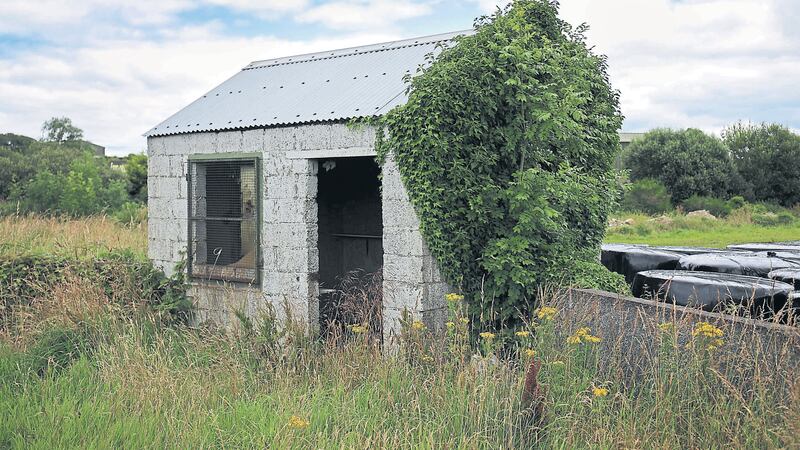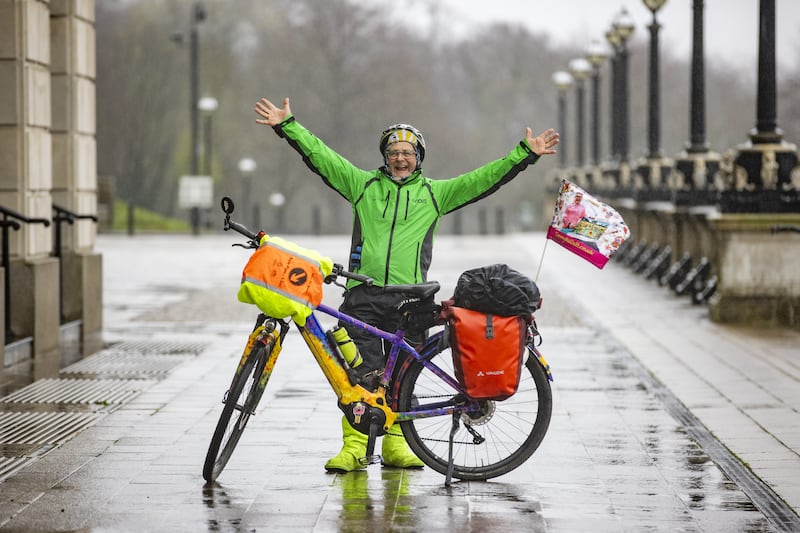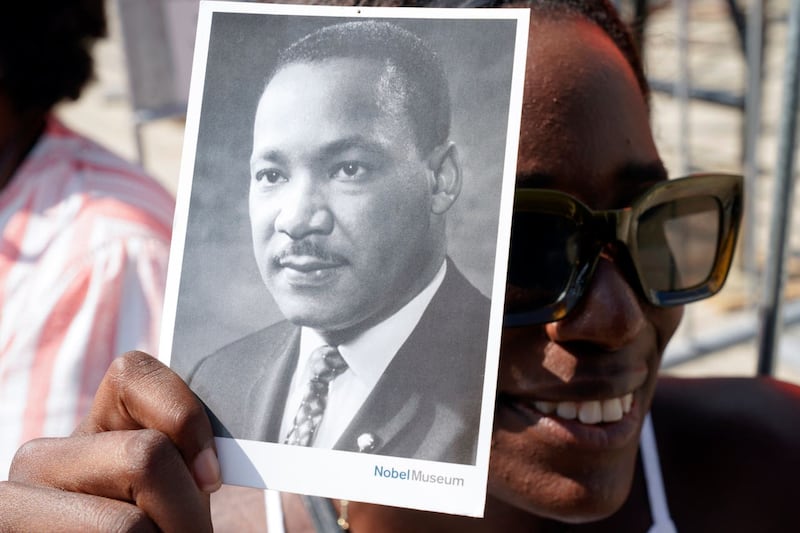BRITAIN has been warned by the Irish government that any attempt to fortify the border with the Republic to prevent migrants slipping into the UK by the back door “won’t work”.
Ireland’s foreign affairs minister Charlie Flanagan insisted the two countries must keep the “invisible” border that exists at present after Brexit.
“It is absolutely essential that every effort be made to ensure the existence of what is an invisible
border,” Mr Flanagan told the BBC.
“So, any suggestion that there will be a heavily fortified EU frontier, or a heavily fortified border, be it for customs and trade on the one hand, or for security and immigration on the other, is simply inoperable. It won’t work.”
The foreign minister also expressed concern at reports Britain’s international trade secretary Liam Fox is pressurising prime minister Theresa May to pull a post-Brexit Britain out of the EU customs union so the country can cut better global deals.
“I have to say I was very surprised at the comments attributed to Dr Liam Fox, and it would be a matter of concern to Ireland were the UK to withdraw entirely from the customs agreement,” he said.
“I believe it would result in a situation where there would be a lot of paper work, and consequent red tape. We need to minimise incumbents and bureaucracy.”
Former secretary of state Theresa Villiers, who was a prominent Leave campaigner, also said the border should remain open, despite the risk of illegal immigration.
“The reality is that would mean there would be, perhaps, some risk that non-Irish EU citizens might enter the UK over that land border.
“But the way you tackle people who come and work in the UK without the appropriate permissions is through measures such as cracking down on employing illegal workers.
“So, I think the idea of imposing, suddenly, a whole host of new border checks, frankly isn’t practical and it’s certainly not desirable.”
Meanwhile, the Brexit vote has boosted business in Northern Ireland a leading retailer has said.
The number from the south visiting Newry in Co Down is up 50 per cent since the June referendum as the pound slid in value against the euro, Buttercrane shopping centre manager Peter Murray said.
The car park at Newry’s Buttercrane included vehicles with Dublin registrations and even further afield.
“Their euro is going further because of the soft exchange rate against the pound,” Mr Murray said.
“The devaluation of the pound makes their euro in their pockets go further and prices in Newry are
the same.”
The value of the pound fell to levels not seen since 1985 immediately following the UK’s referendum vote to leave the EU. Currently a pound equals €1.19.
Mr Murray said the proportion of Irish car registrations using the Buttercrane had increased from about 11 per cent or 12 per cent pre-referendum to about 18 per cent since – a 50 per cent rise.
However, importers from the eurozone are counting the cost.
Northern Ireland’s second oldest shoe shop is nestled in one of the bustling main streets of Newry.
Cahill Brothers is having a sale – but as an importer of footware from Spain, Italy, France and Portugal the strengthening of the euro means costs will go up.
Owner Declan McChesney said: “It is not possible to suddenly turn around and find a new location of expert manufacturers.
“Sixty per cent of the population of Ireland live within one hour of Newry so basically I am cutting my hinterland in half and for me to compete with towns across the border... I must now look to my margins to maintain my competitiveness I must reduce my margins.”
On Ms May’s assertions there must not be a return to borders of the past, Mr McChesney said: “That is what we call in Newry a politician’s promise and, let’s be honest, that does not give us much room for hope.”
He recalled the border lined with trucks waiting to carry goods across.
“I cannot see how they are going to have free passage and free movement of goods if they don’t have a record of it and if you don’t have a record of it there will have to be a way of finding it and there will have to be some sort of checks, we suspect, which means a hard border.
“A hard border is desperately dangerous for the peace of Northern Ireland and desperately difficult if you are in business.”
Paddy Malone, a Dundalk accountant, said there were fewer northerners in town but not too many locals had gone north.
“I would like to think that sterling would track the euro and we could settle down to peaceful coexistence.
“I would prefer to think that we could actually live together without this disruption of trade because neither Newry nor Dundalk is benefiting from this boom and bust cycle.
“It does not help either of us to survive.”








